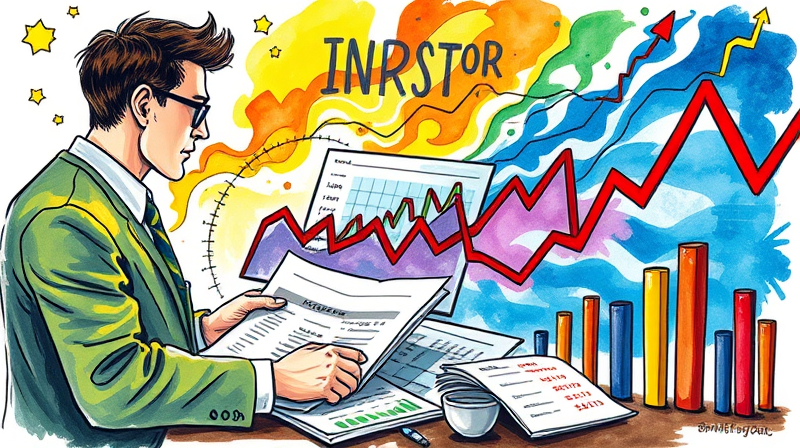
Investing can feel intimidating at first, but with the right guidance, you can transform small beginnings into substantial wealth. This article walks you through each stage, from establishing a firm foundation to refining advanced strategies, guiding you toward financial success.
Time is your greatest ally in building wealth. By leveraging the power of compounding returns, even modest contributions can grow exponentially over decades. Historically, the S&P 500 has delivered average annualized returns of around 10%, far outpacing the sub-1% yields of most savings accounts in 2025.
Every day you delay is potential growth left on the table. When you start early, even with little, you give your money more opportunities to benefit from market upswings and recover from downturns.
Before plunging in, define what you hope to achieve. Are you seeking long-term appreciation, steady income, or preservation of capital? Your objectives will influence your approach and vehicle selection. Additionally, be honest about your emotional comfort with market fluctuations.
To clarify your strategy, define your risk tolerance by asking how you would react if your portfolio lost 20% in a month. Understanding your comfort zone prevents panic selling and helps maintain a disciplined outlook.
A robust emergency fund is your safety net. Allocate three to six months of living expenses to a low-risk account before investing in higher-volatility assets. This ensures you won’t be forced to liquidate investments at inopportune times.
Here’s a quick reference table for common low-risk vehicles:
By choosing the right vehicle, you can save three to six months of expenses while maintaining liquidity and peace of mind.
Once your emergency fund is in place, you can explore a broad spectrum of investment options. Stocks offer ownership in companies and potential for high returns but come with volatility. Exchange-traded funds (ETFs) and mutual funds provide instant diversification and lower fees.
Robo-advisors automate portfolio construction and management based on your profile. They typically charge between 0.2–0.4% of assets per year, making them an excellent choice for hands-off investors. Thematic and ESG funds let you align your portfolio with personal values, such as sustainability or technology growth.
Even seasoned investors stumble when they let emotion drive decisions. Avoid the temptation to chase hot stocks, time the market, or chase short-term fads without research. Fees can quietly erode gains over time, so always compare expense ratios.
Accelerate your knowledge by leveraging a variety of free and paid resources. Educational platforms like Investopedia and Khan Academy offer foundational courses. Numerous apps provide budgeting tools, investment screeners, and simulated trading environments.
Subscribe to YouTube channels focused on personal finance, join online communities, and attend webinars to stay updated. Always cross-reference insights to avoid echo chambers.
Regularly review your portfolio to ensure it remains aligned with your goals. Rebalance at least once a year to maintain your desired allocation between equities, bonds, and other assets. As your knowledge grows, you can explore sector-specific, international, or factor-based strategies.
Above all, cultivate consistency, long-term thinking, and learning—the hallmarks of every successful investor’s journey.
Consider Jane, who began investing $50 a month in a broad-market ETF at age 22. By contributing diligently and reinvesting dividends over 15 years, she amassed over $60,000, despite starting with nearly zero knowledge. Her secret wasn’t timing the market—it was discipline and patience.
Your journey from zero to hero begins with a single step. Embrace the process, stay curious, and remember that every great investor started somewhere. With dedication and the right approach, you can accelerate your progress and turn modest beginnings into lasting financial freedom.
References













